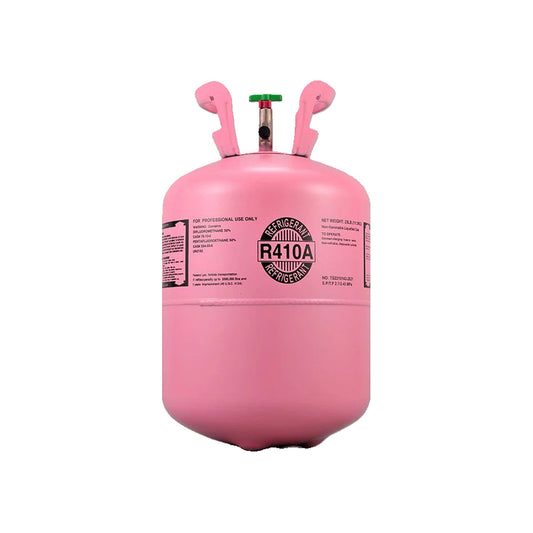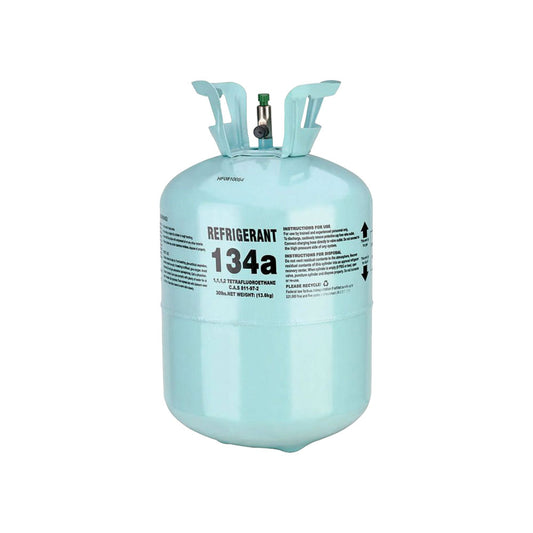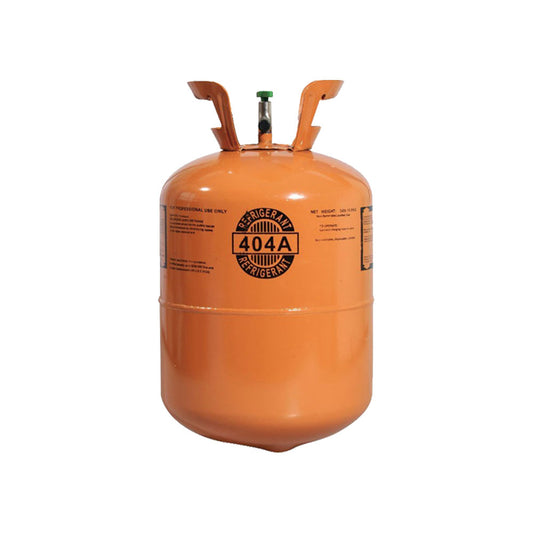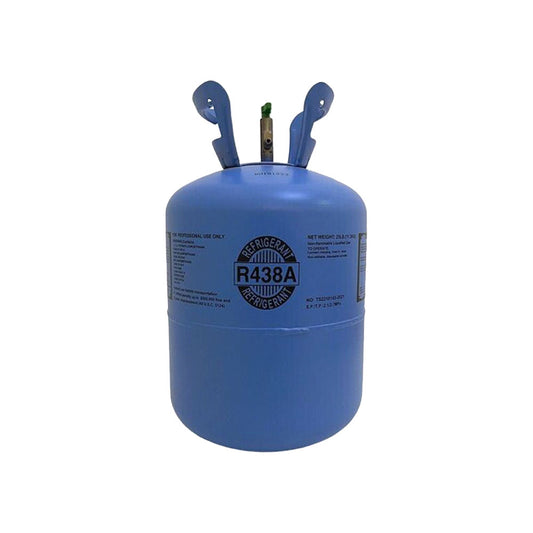The Ultimate Guide to R-290 Refrigerant
Share
R-290 refrigerant, also known as propane, is a natural refrigerant that has gained popularity in recent years due to its low environmental impact and high energy efficiency. In this ultimate guide, we will explore the ins and outs of R-290 refrigerant and why it is considered a game-changer in the HVAC industry.
What is R-290 Refrigerant?
R-290 is a hydrocarbon refrigerant that is classified as a natural refrigerant. It is a colorless, odorless gas that is commonly used in refrigeration and air conditioning systems. R-290 is non-toxic and has zero ozone depletion potential, making it an environmentally friendly alternative to traditional synthetic refrigerants.
Why Choose R-290 Refrigerant?
One of the main reasons why R-290 refrigerant is gaining popularity is its low global warming potential (GWP). R-290 has a GWP of 3, compared to synthetic refrigerants like R-410A, which has a GWP of 2088. This means that R-290 has a significantly lower impact on global warming, making it a more sustainable choice for HVAC systems.
Energy Efficiency
Another key benefit of R-290 refrigerant is its high energy efficiency. R-290 has excellent thermodynamic properties, which allow HVAC systems to operate more efficiently and reduce energy consumption. This not only helps lower energy costs but also reduces greenhouse gas emissions, contributing to a greener environment.
Safety Considerations
While R-290 is a safe and environmentally friendly refrigerant, it is important to handle it with care due to its flammable nature. Proper training and safety precautions should be followed when working with R-290 to minimize the risk of accidents. However, when used correctly, R-290 is a reliable and efficient refrigerant option.
Regulations and Standards
As R-290 refrigerant becomes more widely used, there are specific regulations and standards that govern its handling and use. It is important for HVAC professionals to stay informed about these regulations to ensure compliance and safety. By following industry best practices, R-290 refrigerant can be a sustainable and effective solution for HVAC systems.
Overall, R-290 refrigerant offers a promising alternative to traditional synthetic refrigerants, with its low environmental impact, high energy efficiency, and safety benefits. As the HVAC industry continues to prioritize sustainability and energy efficiency, R-290 is poised to play a significant role in shaping the future of refrigeration and air conditioning systems.




